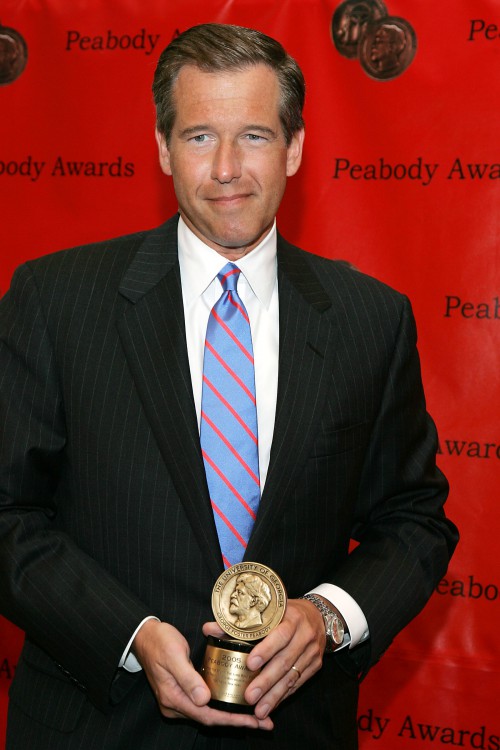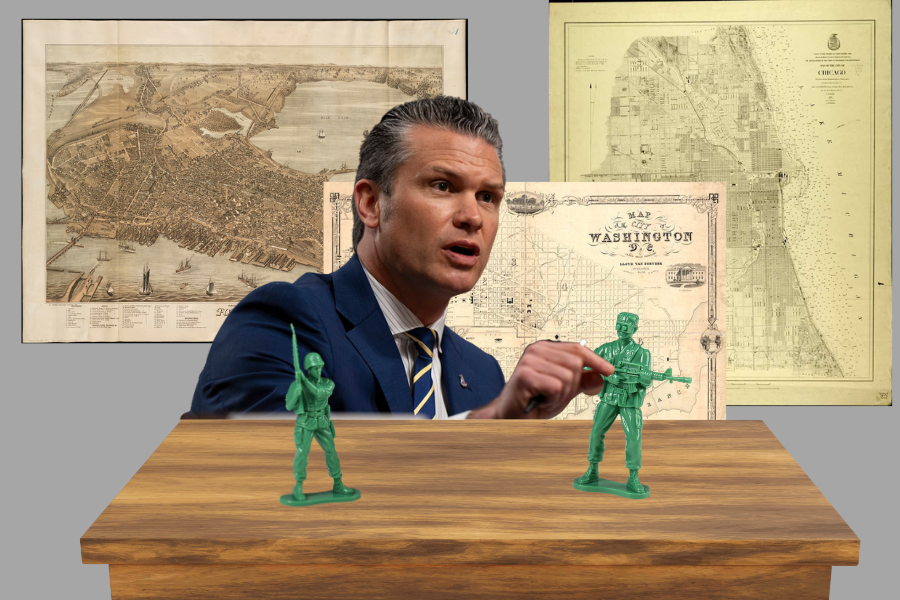NBC on Tuesday suspended its “Nightly News” anchor and managing editor Brian Williams without pay for six months, according to The Associated Press. Williams was enveloped by scandal over the past week when it came to light he had lied about being on a helicopter in Iraq that got shot down by an RPG.
NBC obviously doesn’t want to lose its star anchor and managing editor, and as the probe into his conduct continues, so far it seems one thing is for sure: he will return. But the larger question NBC’s viewers must ask is: should he?
It is one thing when a journalist gets the facts wrong in their story. We all make mistakes, and no matter how diligent a journalist is, occasional mistakes during one’s career are inevitable. That doesn’t make them acceptable, as I’ve learned just from writing for this newspaper, just inevitable.
What isn’t inevitable — for a trustworthy journalist, at least — is grandstanding, or humble-bragging, or whatever it was Williams was trying to do when he exaggerated the story. It’s hard to imagine he could have possibly mixed up a story he reported on with what actually happened to him. How do you confuse being on a helicopter that got shot down by an RPG with being on a different helicopter?
And where would he even get the notion that he could just make a claim and get away with it, either? From the helicopter pilots, crew, ground support, and his civilian colleagues from NBC who worked with him that day and saw the situation for themselves, did it not occur to him they could call him out on his fallacy?
I think the problem goes beyond whether or not Williams thought he could fabricate a story and get away with it. The ugly truth is, there are always going to be people who get into journalism to tell their own stories, rather than the ones they’re reporting on. It’s a frightening reality, but one that every outlet has to worry about and protect itself against, whether it’s a small, weekly college paper or a major news television channel.
News outlets rely on their journalists’ integrity and diligence to write accurate, fact-checked, and straightforward articles. A journalist’s personal agenda may be that he or she wants to cover politics to press politicians with hard questions and keep his or her readers informed. But that doesn’t mean his or her articles have an agenda; a journalist can’t fabricate details or catalogue problems that didn’t happen to serve an agenda. Hard-hitting stories or action-packed claims like Williams’ don’t serve to inform the public. They serve to inflate the ego of somebody who doesn’t deserve to be a journalist.
Will NBC actually bring Williams back on board in any capacity once his six months in the timeout corner are up? I think it’s still too early to say. Six months is a long time for people to forget or even forgive Williams’ mistakes, but for some viewers it also just might be enough time to forget Williams himself and make him irrelevant.
I don’t get much of my news from the TV and I’ve never sat down through the entirety of one of Williams’ broadcasts. I don’t plan to now, especially if he comes back. I’m only one person, not even one of the millions of “Nightly News’” viewers. But, as a business student, if I had to give NBC advice on how to move past this Brian Williams incident, it would be one of the most basic things I’ve learned so far: the strength of your brand depends on the reliability and attractiveness of your product.
Brian Williams has made a career of being the reliable face of a big news program, and his company just had to issue a major recall on a faulty product. Whether or not they will put him back on the proverbial shelf in six months depends on whether they — or Williams himself — can prove to NBC’s customers that they’ve made amends, and the problem with the product is resolved.
If they can’t, NBC might just have to come out with a new model.







